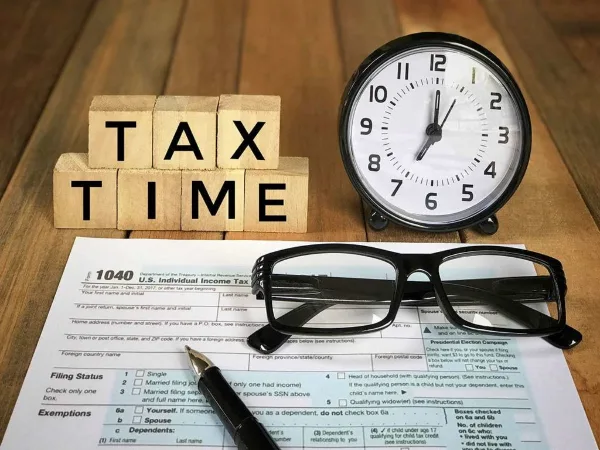
If you are like most people, you are probably looking forward to spring weather. However, one not-so-exciting part of this season is the fact that it means it’s time to do your taxes. Even if you receive a refund, the entire process involved with filing your taxes can be daunting.
While this is true, there are some steps you can take to help maximize your return and avoid some of the most common mistakes made by others. Keep reading to learn what these are.
Avoid Leaving Money on the Table
If you forget to use all your FSA (Flexible Spending Account) dollars, or if you don’t make contributions to your 529 accounts and individual retirement accounts, you may be leaving money on the table. This is money that should be in your wallet.
Each year, you have until December 31st to use the money in your FSA or to contribute to your 529 account. There are some states that provide deductions if you have made 529 deductions.
Another way you may be leaving money on the table is if you don’t file an income tax return. Just because your income doesn’t make it mandatory for you to file, it doesn’t mean that you may not be due a refund. If you are eligible for a refund, you must file a return to receive it. According to a report in 2018, the IRS reported that it had over $1.1 billion in unclaimed refunds from over one million taxpayers who failed to file in 2014 alone.
Claim All Deductions You Qualify For
You need to investigate all the possible deductions that you are due. Some of the most common deductions you may be eligible for include:
- Education expenses
- Mortgage expenses
- Prepaid interest
- Medical costs
- Charitable donations
Any deductions you are eligible for will be subtracted from your adjusted gross income, which will reduce your taxable income. The taxable income amount is what you must pay taxes on. The lower this number is, the less you have to pay and the higher a refund you may be eligible for.
If you donate to a charity, make sure you itemize your deductions, as this will let you maximize your return and take advantage of all donations, regardless of form (i.e. goods and cash). Both of these are eligible to be claimed on your tax return. The key to deducting these donations is to make sure you have kept accurate records and receipts. Also, make sure you only claim deductions for the organizations that have a tax-exempt status with the Internal Revenue Service.
Work with a CPA to Maximize Your Tax Return
If you are worried about filing taxes on your own, or don’t have the time to handle all the paperwork and process, a smart option is to work with a CPA. A certified public accountant has experience and know-how in this field and can help ensure you get the most out of your tax return possible.